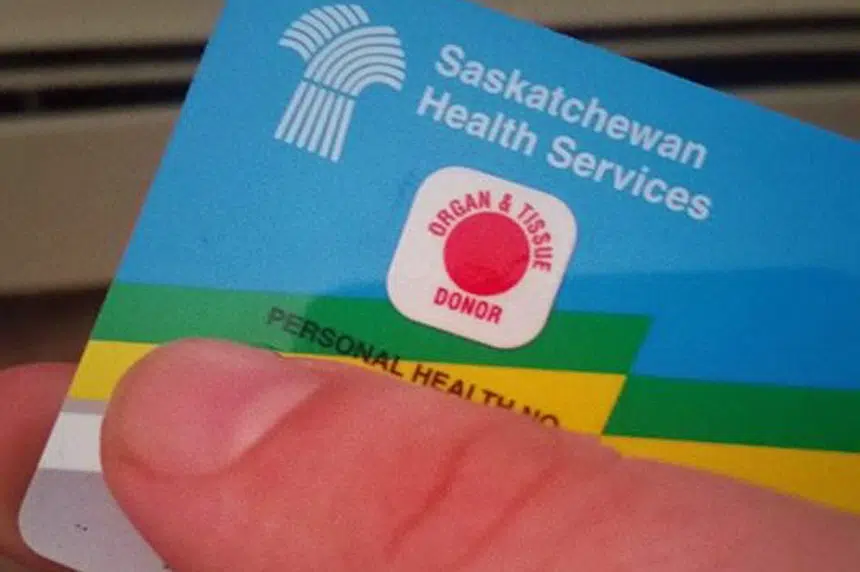A Saskatchewan man who received a life-saving transplant is among those urging people to talk to their loved ones about organ donation.
“People talk to me about this. I don’t know how many people I’ve talked to said ‘I wanted to sign my donor card, but I just haven’t gotten around to it yet,” Rod Weins said.
The Herschel, Sask. man said when he first got sick, he thought he had a bad cold.
He later learned he had autoimmune hepatitis, a condition that began attacking his liver.
Weins was fortunate enough to get a new liver late last year.
“Everything is working good now,” he said of life after the transplant.
Weins said he hoped more people would discuss their wishes with their families, if they haven’t already.
“When the time of a tragedy happens, usually a tragedy, a car accident or something and a person dies, that’s when an organ donation happens. That’s not the time to be making decisions,” Weins said.
“There are so many people probably would have made a donation, but at the time, just hadn’t had the discussion yet.”
This week’s speech from the throne outlined the provincial government’s strategy to increase donations.
The plan calls for expanding the pool of donors by allowing organs to be harvested after cardio-circulatory death.
The Sask. Party government is also planning to implement a mandatory referral program.
The province is continuing to explore the option of moving to a model of presumed consent — which asks people to opt out of donating organs, rather than the current system requiring them to opt in.
Saskatchewan’s rate of organ donations is low compared to the rest of Canada and many other countries.











